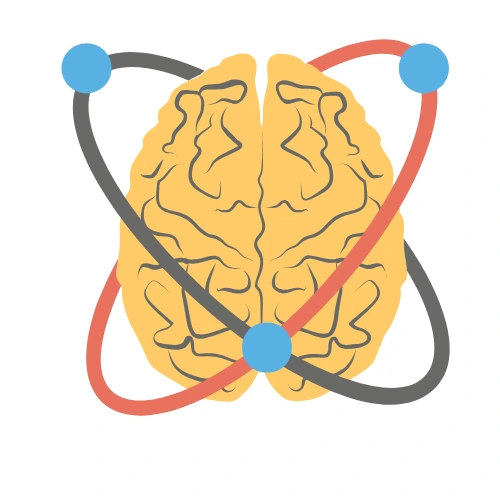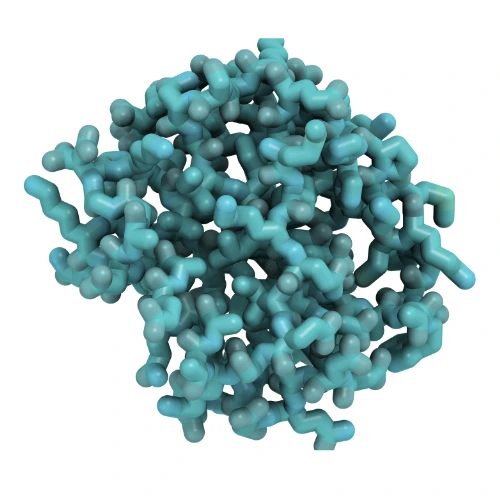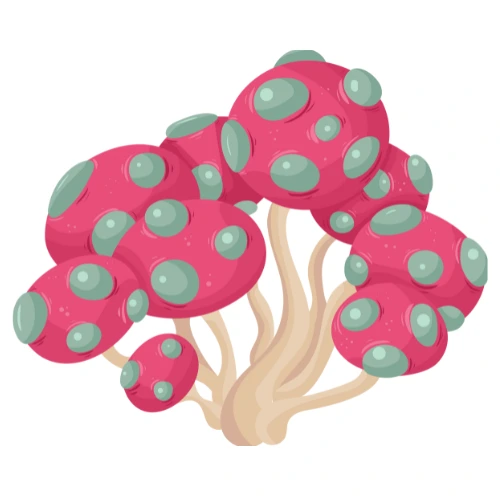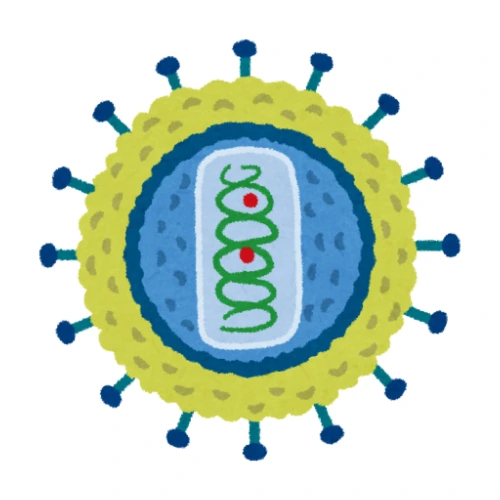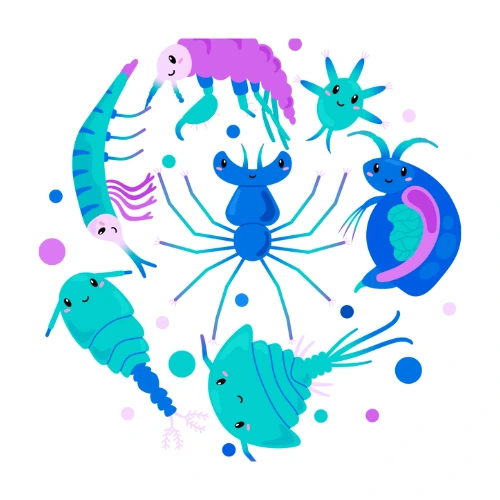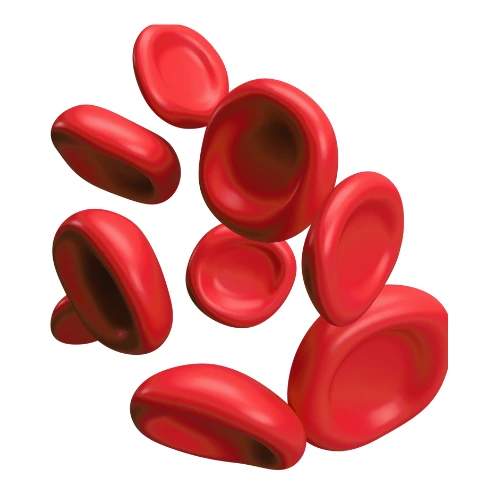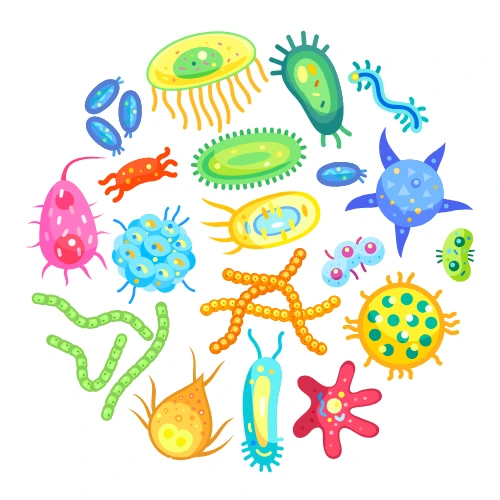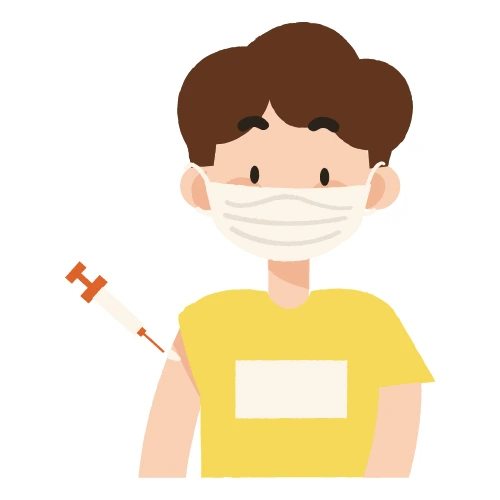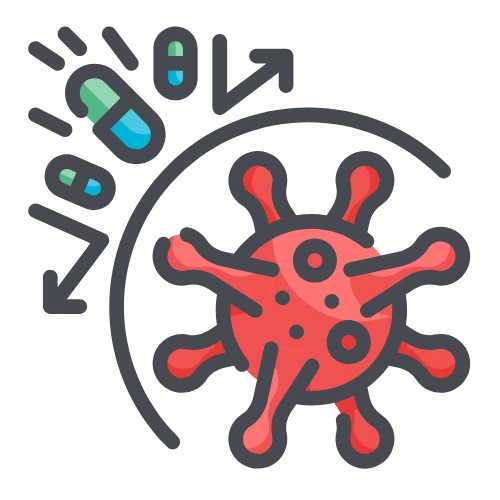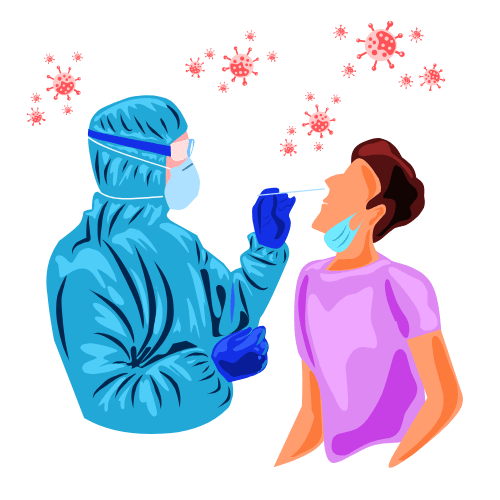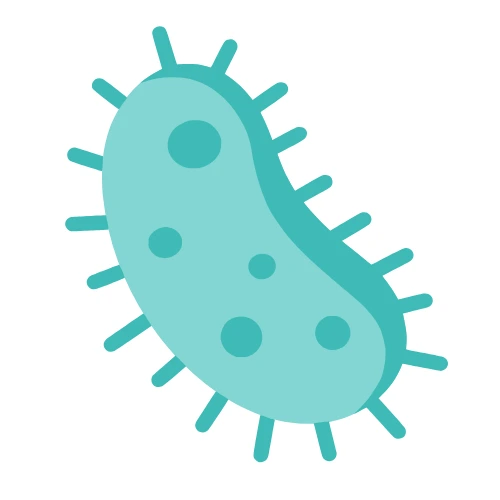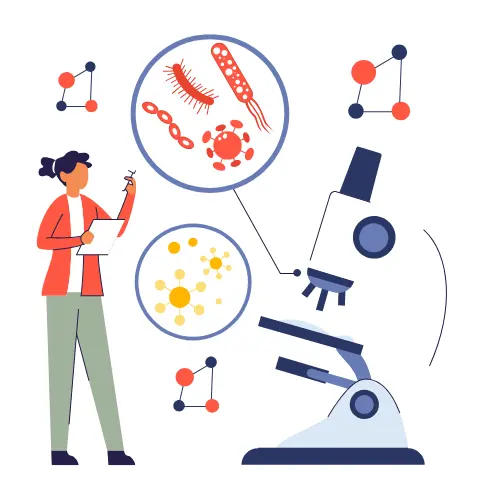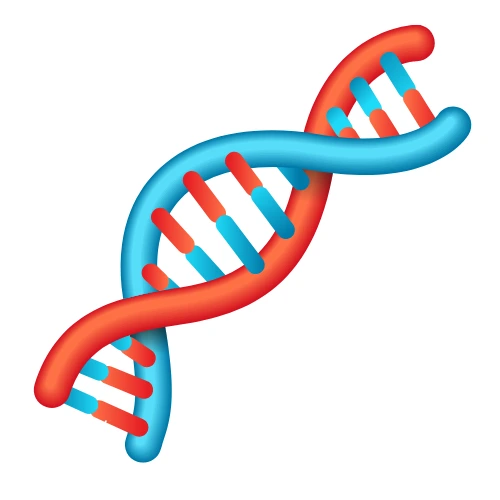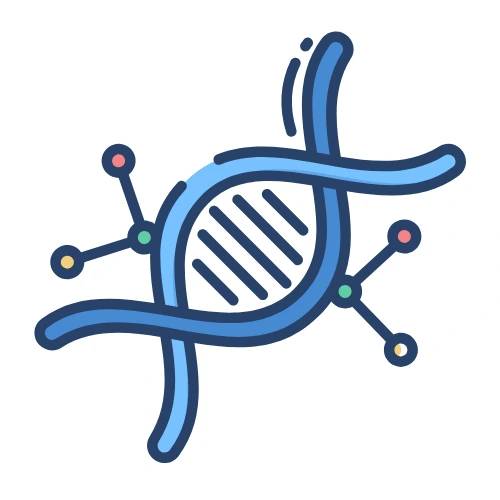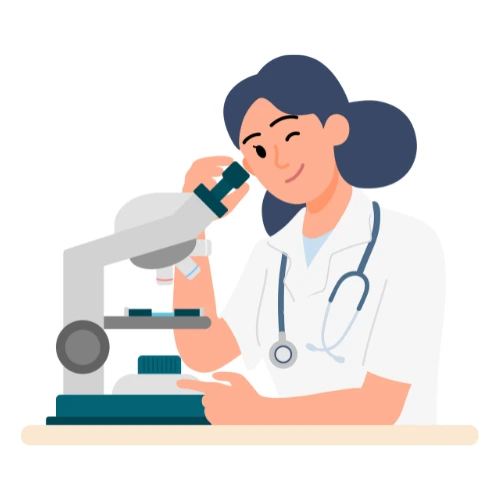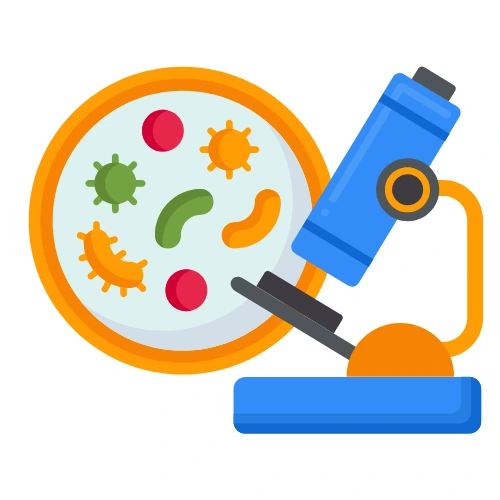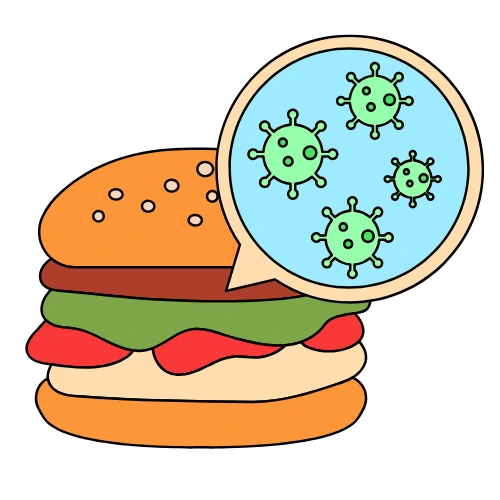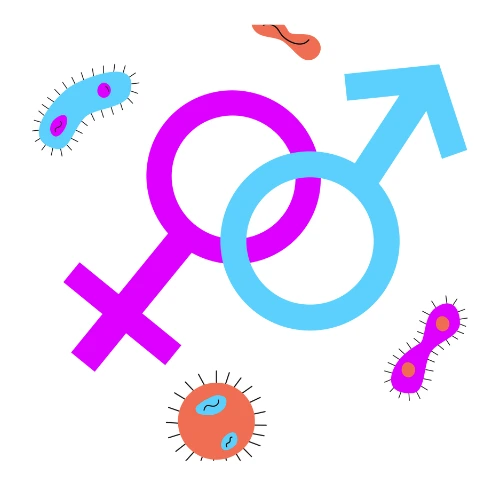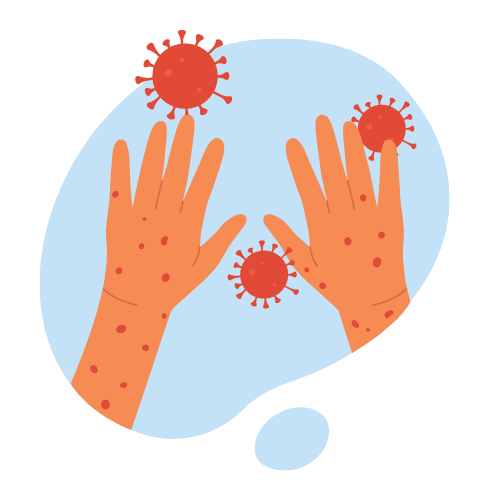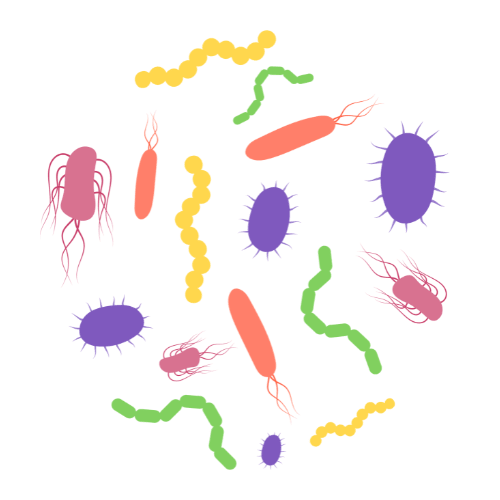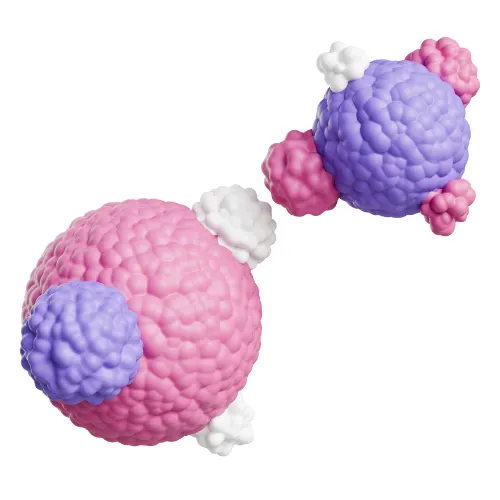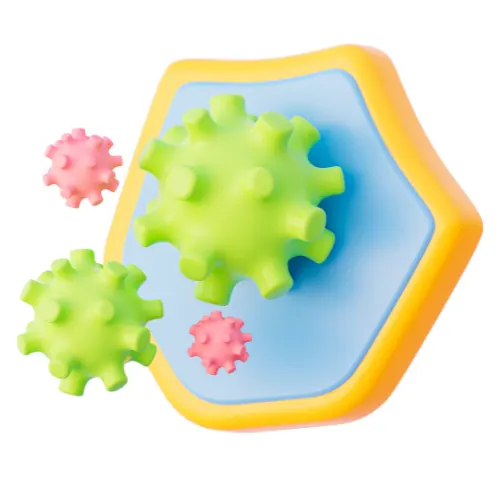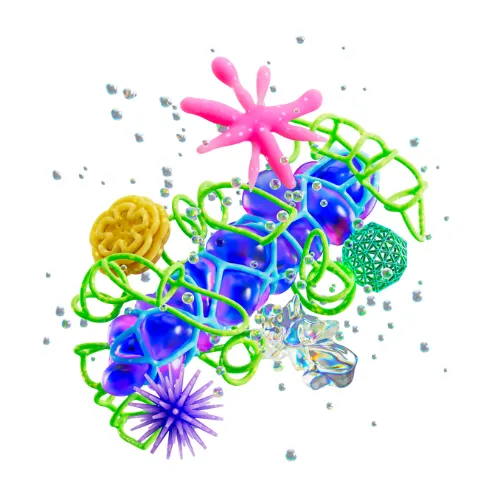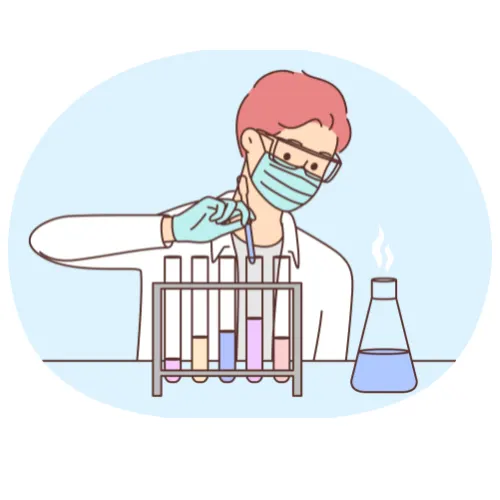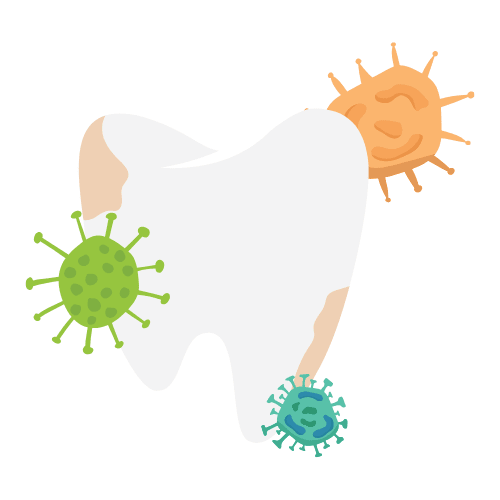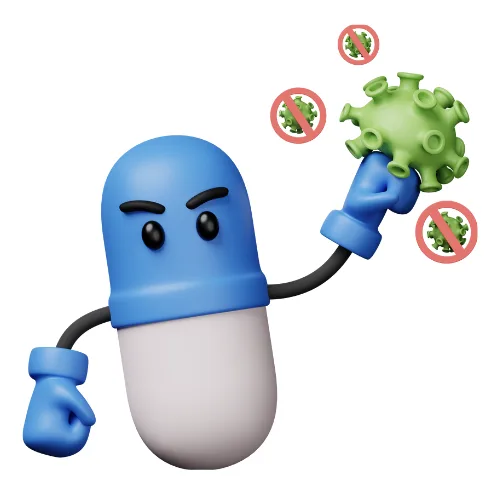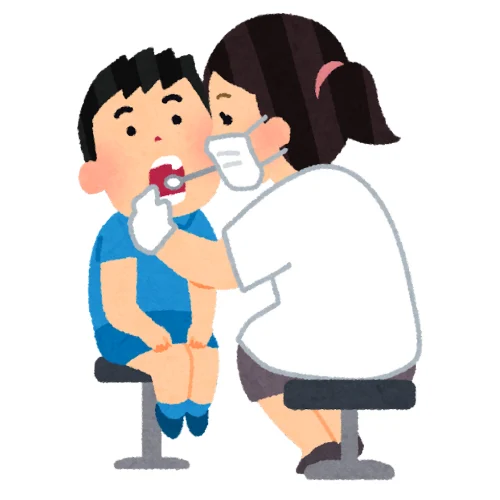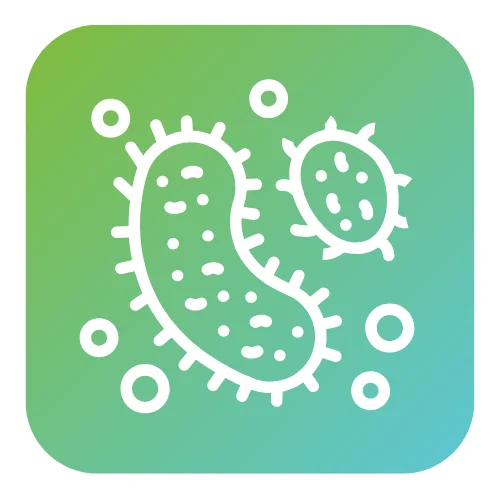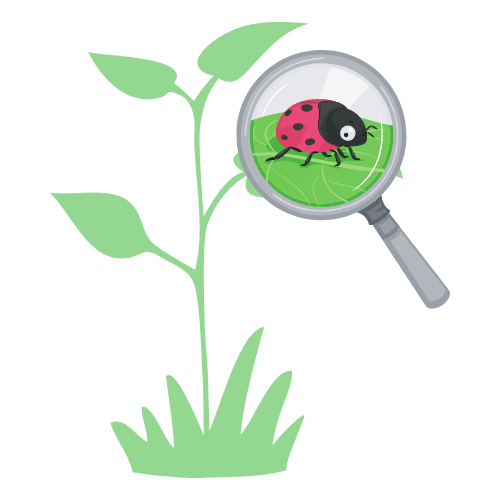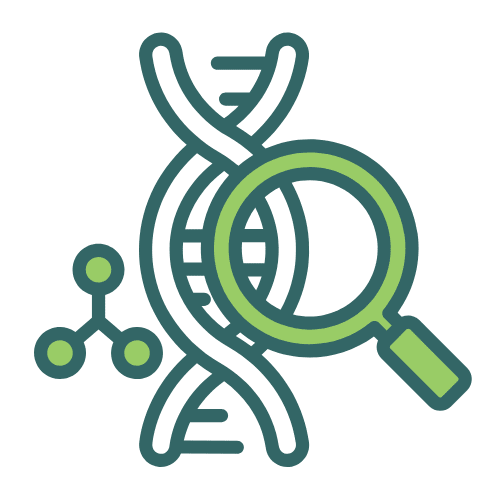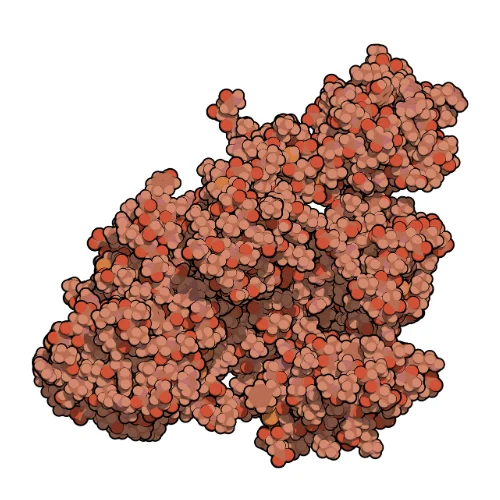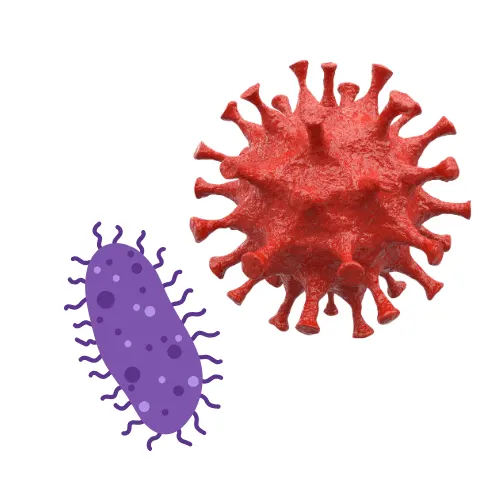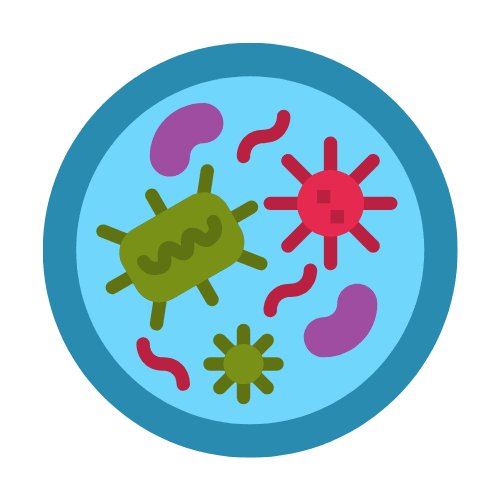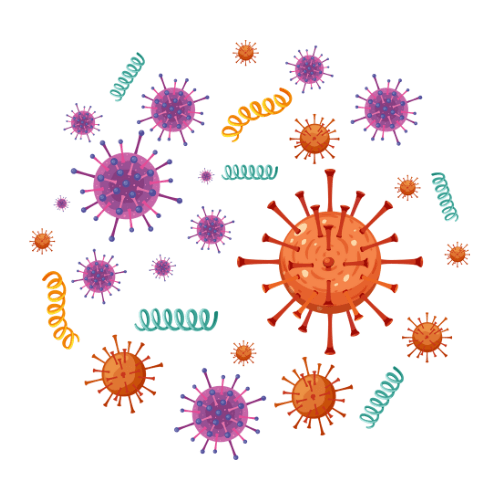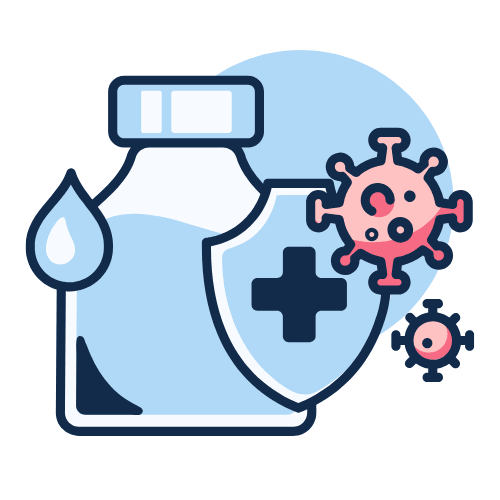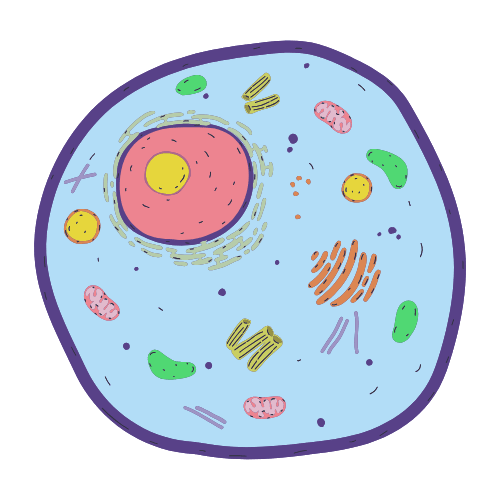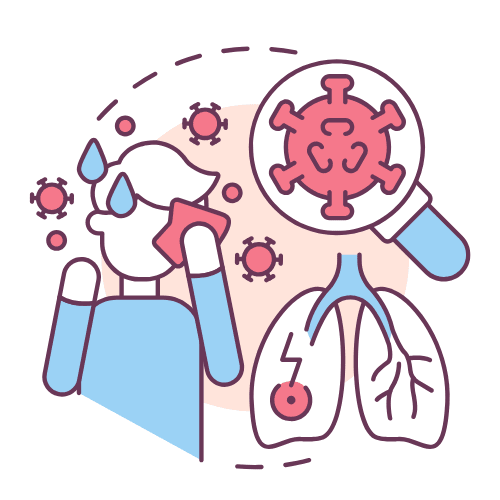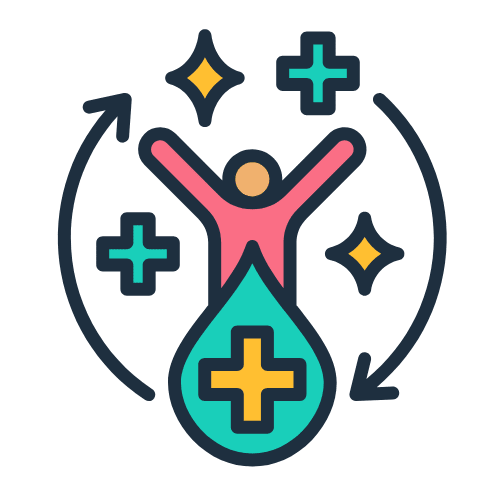Rare Infectious Diseases Conferences
Join the Rare Infectious Diseases Conference—a global platform for researchers, scientists, professors, and PhD students. Explore innovation, keynote presentations, and networking. Submit abstracts now for this international three-day summit!
Topic On Rare Infectious Diseases Scientific Session
Rare Infectious Diseases Scientific Sessions are designed to focus on some of the most difficult health issues in microbiology and epidemiology. Such a platform provide by Rare Infectious Diseases Conferences allows doctors, PhD students, professors, and scientists across the globe to find innovative solutions and to share knowledge. The three-day conference will characteristic an academic agenda that covers subject such as Epidemiology and Public Health, Microbiology and Pathogenesis, Treatment and Therapeutics, Immunology and Host Response, and Innovations and Technology. Any attendee can opt for theme Presentations, Oral Presentations, Poster Presentations, or E-Posters. This world summit will bring together leading minds of the scientific committee and research groups from worldwide to cooperate and exchange knowledge. The event will focus on forums of young research, Innovation Awards opportunities, and a Tentative Program with diverse scientific sessions. The conference will also have a program for access to resources like downloads from the available brochure, opportunities for Sponsorship, and Exhibitor engagement. Attendees in these events will be exposed to leading-edge research on rare infectious diseases. The Conference Series involves discussions on advanced diagnostics, vaccine development, and pathogen-host interactions, highlighting recent scientific breakthroughs. Delegates will be able to make great networking connections with the speakers who have strong collaboration on call for papers, Abstract Submission, and paper Submission initiatives.
The meeting sessions include CME, CE & CPD accreditation, so this is a precious opportunity for healthcare professionals. Based on the academic and trade show calendar, the summit will be an appropriate ground for learning and collaboration. This international meeting promises to stimulate innovative research while advancing knowledge in microbiology, epidemiology, and therapeutic approaches. Don’t miss this opportunity to be part of a transformative conversation which will carry the management for rare infectious diseases into its future shape.
Other Sessions
Related Conferences
- Upcoming Rare Infectious Diseases Conferences
- Rare Infectious Diseases Congress 2025
- Rare Infectious Diseases Conference 2027
- Rare Infectious Diseases Events
- Global Conference on Rare Infectious Diseases
- International summit on Rare Infectious Diseases
- Rare Infectious Diseases Meetings 2025
- Exhibitors on Rare Infectious Diseases
Upcoming Medical Conferences By Subjects
Follow Us.!
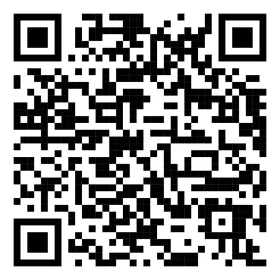
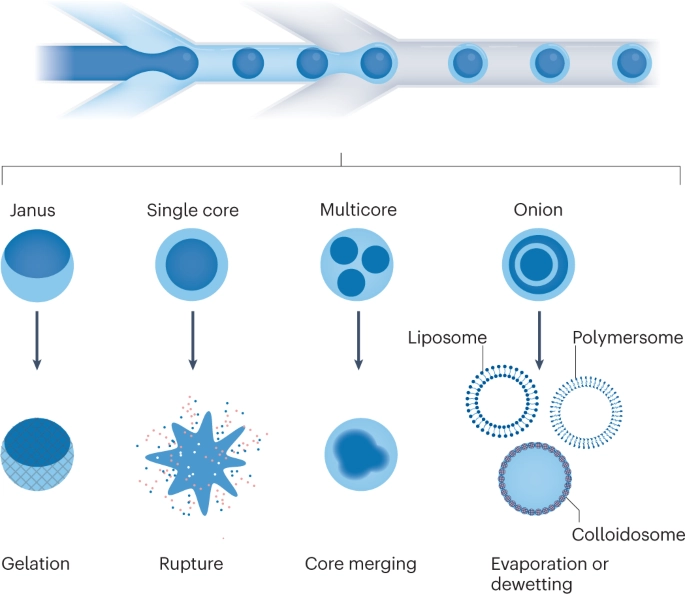
Frequently Asked Questions
These conferences share emerging research, diagnostic, treatment, and prevention information regarding less commonly occurring infections. Discussion topics include developments in microbiology, epidemiology, new treatments, and case studies-all of which are relevant to the health professional.
The webinar shall be attended by researchers, doctors, microbiologists, epidemiologists, policymakers, and Rare Infectious Diseases Summit pharmaceutical business; also academics and public health professionals interested in rare infectious illness.
Microbiology events allow breakthrough research to be shared, help people to collaborate, and highlight any diagnostic progress, pathogen studies, and very important breakthroughs in microbiological techniques, which help humanity tackle rare infections.
Yes, most of the conferences encourage Abstract Submission Rare Infectious Diseases Summit and offer sessions for Oral Presentations, Poster Presentations, and E-Posters. They allow researchers to share their work with a global audience.
The summit addresses challenges in managing rare infections, sets the global trends, and propounds novel solutions. In relation to this aim, it will build Microbiology Events more awareness; improve strategies for diagnosis; and shape relevant policies to reduce the burden of such diseases.

